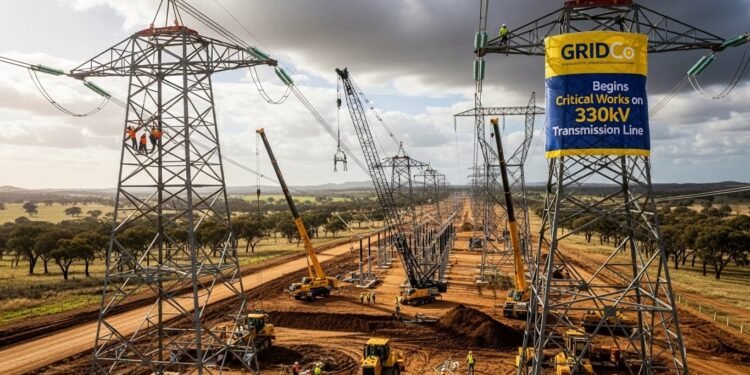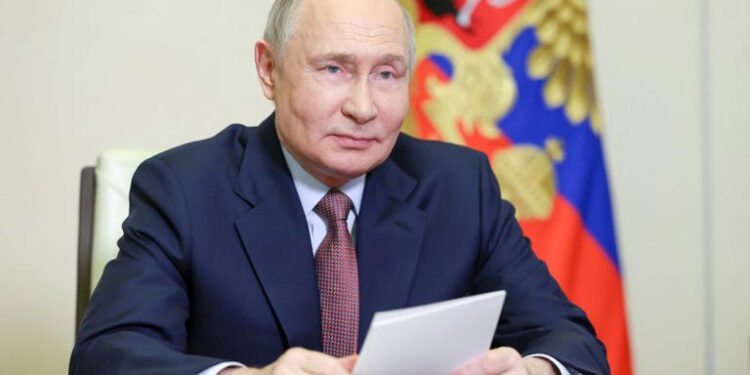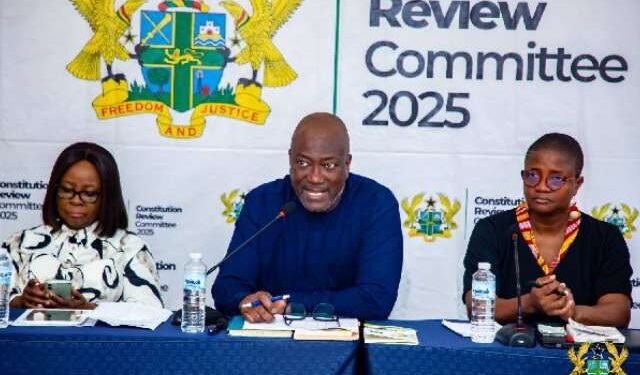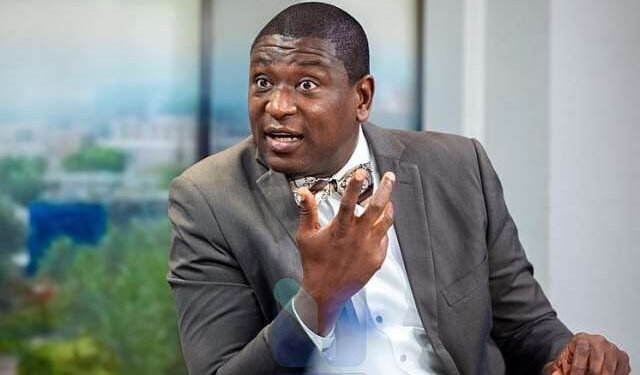In a move cloaked in strategic diplomacy, UK Prime Minister Keir Starmer made an unannounced trip to Norway to attend the Joint Expeditionary Force (JEF) summit alongside European NATO leaders. While his formal agenda focused on reinforcing support for Ukraine in a future post-conflict scenario, the visit had a deeper layer: selling British frigates to Norway.
The timing is no coincidence. The Norwegian government is on the verge of selecting a supplier for its next-generation navy frigates, with the choice narrowing down to two familiar contenders — Britain and France. Starmer’s presence in Oslo was as much about political alliance as it was about industrial competition.
During a bilateral meeting aboard a Norwegian naval vessel, Prime Minister Jonas Gahr Støre affectionately referred to Starmer as “our best friend.” The symbolic setting — bathed in sunshine, with the scenic Oslo harbour as backdrop — created a perfect tableau for a diplomatic sales pitch.
Starmer responded with diplomatic warmth, offering a coded message that underscored the UK’s long-standing defence ties with Norway. “The relationship between our two countries has been historically close, particularly on defence, and is in the strongest position it has been probably ever been,” he said, a statement many read as: “Buy our frigates please, we are your best friends.”
The trip came at a high point for Starmer, who has recently scored two major trade wins by signing deals with India and the United States in the space of just three days. Despite enduring a tough week of domestic political turbulence, local election setbacks, criticism over welfare cuts, and the resurgence of Nigel Farage, Starmer appeared strikingly self-assured abroad.
Observers noted that, although not yet a year into his premiership, Starmer is earning the respect of global leaders, many of whom appear to be seeking his counsel at international gatherings.
An exception may have been Danish Prime Minister Mette Frederiksen, who offered a cold stare at the JEF summit — perhaps due to her unresolved tensions with Donald Trump over Greenland, while Starmer was busy brokering trade deals with the U.S. president.
UK Navy Assets Bolster Sales Pitch
The presence of HMS St Albans, a Type 23 frigate, in Oslo’s harbour was no mere coincidence. The vessel has been patrolling northern sea routes and tracking Russian submarines, showcasing Britain’s naval prowess. Although the frigate was commissioned in 2001, it recently received a £100 million upgrade and is expected to remain in service for another decade or more.

But the real selling points may lie in the UK’s latest naval developments — the new Type 26 and Type 31 frigates, both of which have already attracted interest from Australia and Canada. These next-gen ships offer modern capabilities that could appeal to Norway’s evolving naval needs.
Securing the Norwegian contract is crucial, especially in light of current geopolitical tensions and economic competition. With French President Emmanuel Macron having effectively sidelined the UK from EU defence procurement channels, the Norwegian deal stands as one of Britain’s key opportunities to assert its post-Brexit industrial relevance in Europe.
As Britain vies for Norway’s defence business, Starmer’s Oslo visit has been more than symbolic. It reflects a strategic blend of diplomacy, military alignment, and economic ambition — a calculated attempt to navigate Britain’s path forward on the global stage.
If successful, the deal would not only bolster the UK’s shipbuilding industry but also reaffirm its position as a major player in European defence partnerships. Whether Norway chooses British steel over French craftsmanship remains to be seen, but Starmer’s message is clear: the UK is open for business and ready to lead.
READ ALSO: Probe Into Thompson’s Visit to Afenyo-Markin Demanded























